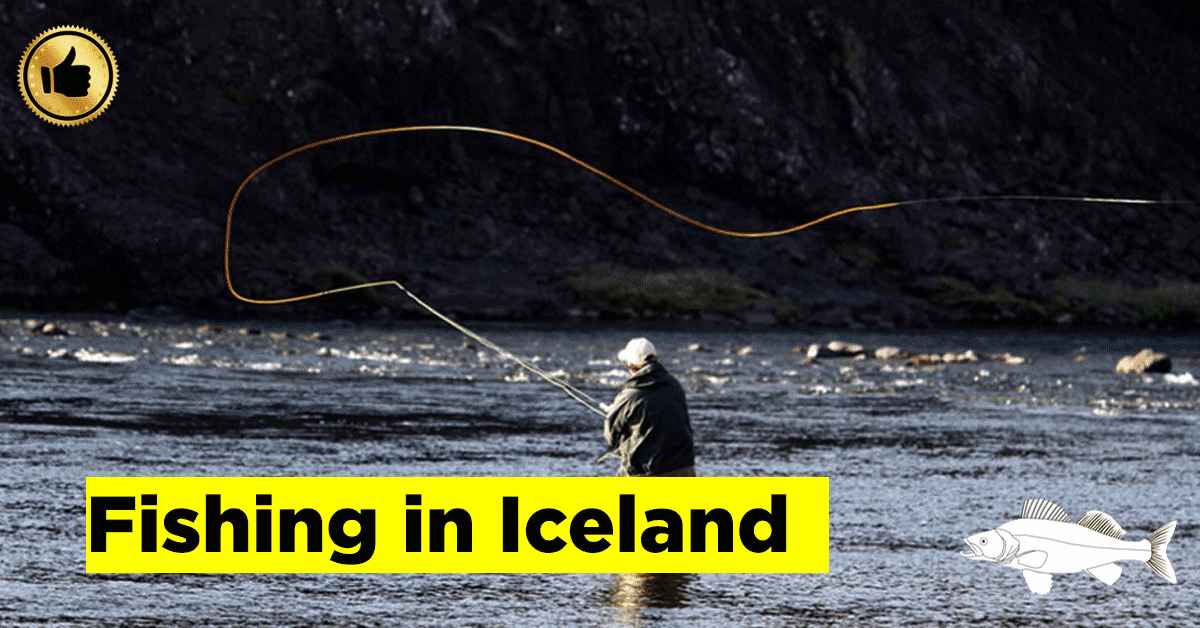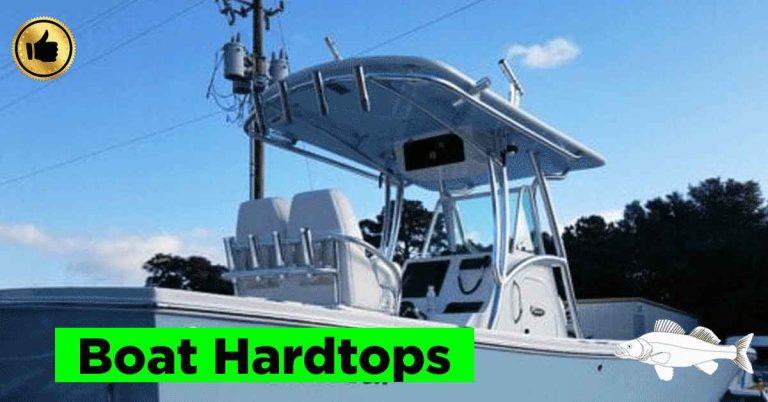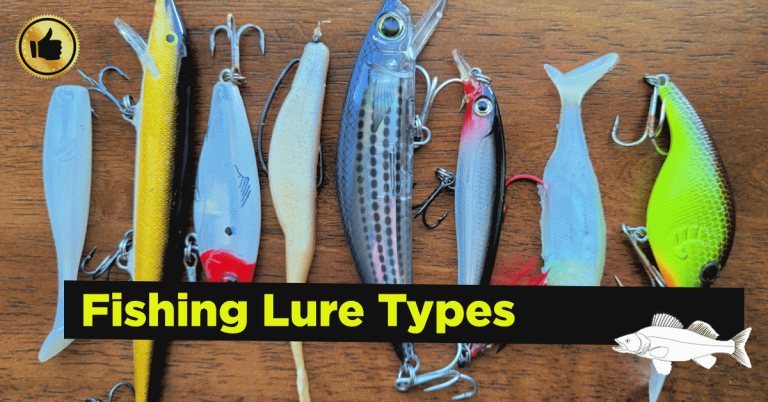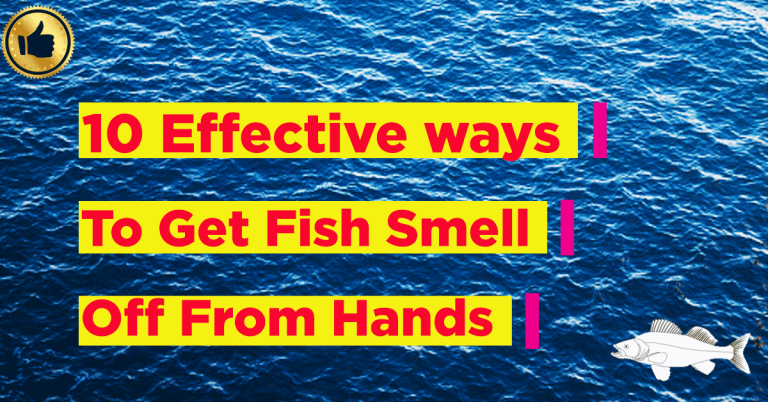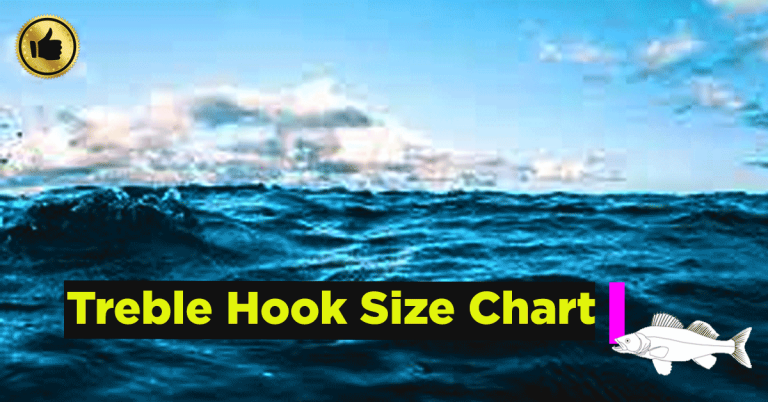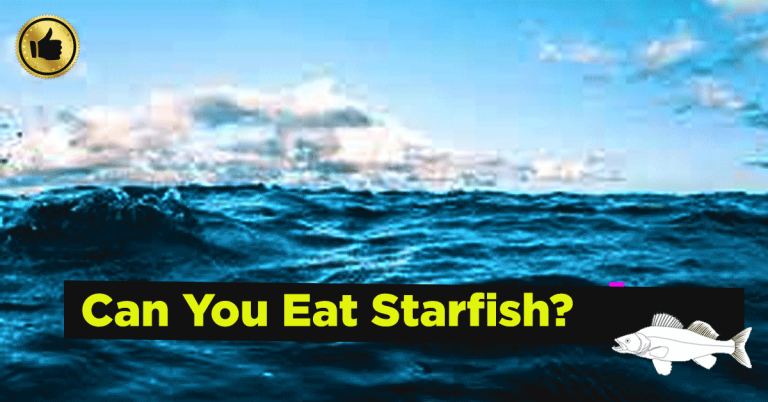Fishing in Iceland Guide 2024
Are you looking for a new kind of fishing adventure? If so, you should consider moving to fishing in Iceland. This hidden pearl of a location offers some of the most exciting and novel fishing experiences anywhere. Ice fishing in Iceland, with its frigid temperatures, high winds, and rivers filled with Arctic char, brown trout, salmon, and sea trout, is an experience every angler should have at least once. Your next big catch might be right around the corner, whether you’re fishing in the sea or fly-fishing in iceland in tiny streams hidden among snow-covered mountains. Get your fishing rod ready (and bundle up) because we will be experiencing Iceland from a fisherman’s viewpoint today!

Icy Fishing: What You Need to Know
Though ice fishing’s rewards are high, anglers should weigh all the factors before venturing into the frozen lake. Consider the equipment you’ll need: would a fishing rod be enough, or will an ice auger be more helpful? Your primary focus should be safety, so remember to pack a first aid kit, lots of warm clothes, and floating devices.
If this is your first time walking onto the ice, it is essential to consider the ice thickness, so be sure to check local reports or get in touch with local game wardens for advice. Fishing on ice land may produce excellent experiences and even more outstanding catches if done correctly!
Understanding the Seasonal Variations in Iceland
Understanding the seasonal shifts in Ice Land is crucial for a productive fishing trip. Seasonal variations bring about significant changes in the natural world. As winter comes, temperatures fall, and the water freezes, allowing fishermen to cross lakes and rivers on foot. The lake thaws and is navigable by boat when the weather warms up in the spring and summer. Fishermen will have the best chance of success on their next expedition to Ice Land if they spend some time getting used to the weather and other circumstances they might expect there.
Preparing the correct fishing gear for success
Being well-prepared is essential for fishing results. Stocking up on the necessary equipment and supplies for your chosen fishing location, including the best fishing rod, lures, and bait, is essential to ensuring your trip is enjoyable and productive. Knowing what kind of fish you’ll be looking for helps you decide what supplies to carry. Ultimately, your chances of catching the day’s catch will be better if you spend money on top-of-the-line gear from reputable retailers like integrated fishing supplies.
Tips For The Best Fishing In Iceland
Fishing in Iceland offers some of the best possibilities to capture a variety of species and is growing in popularity with fishermen worldwide. If anglers want to have the finest fishing experience possible in Iceland, they should take a few recommendations into account.
First, you should schedule your vacation around the prime fishing months: arctic char is in season in late winter and early spring, while salmon and sea trout are in season in the summer months. Additionally, it would be best to go prepared because Iceland’s typically erratic weather demands suitable attire. Finally, consider your destination before packing because going far from civilization might require additional equipment that many people need to consider. Anglers may anticipate wonderful Icelandic fishing vacations with this knowledge and proper planning!
Researching locations and fish species
Researching the area and the species of fish that may be caught there is an essential aspect of any fishing trip. They might have a more fun and fruitful day on the water if they first research to pick an open location with the species they are seeking.
Fortunately, local statewide-by-state study guides are available online, giving you access to the most recent information on which species are found in various lakes and rivers. In addition, several websites and podcasts feature evaluations written by anglers, who offer helpful details about the finest places to catch fish. Any aspiring fisherman may maximize their chances of success by thoroughly researching potential fishing spots before setting out.
Knowing how much time and bait is needed.
Planning is essential for success, whether fishing or using other angling techniques. A fishing trip’s efficiency depends on several factors, including knowing how much time to provide and what kind of bait to use. It’s essential to plan and find out what bait will be most effective in the water you’ll be fishing in, as many types of bait attract various fish species. Additionally, some areas have bait restrictions that must be obeyed to ensure a safe and ethical fishing experience. If you take the time to read up on these techniques before heading out, you should have a much better chance of reeling in a delicious fish.
Exploring Ice Land’s Unique Ecosystem
Any fisherman would benefit from venturing out to learn more about Icelandic ecology. Many fish species, including char, trout, and salmon, make rivers and lakes ideal for fishing grounds. Anglers will not only catch fish in these waterways but also encounter animals like seals, otters, reindeer, and fish eagles that can be found nowhere else on Earth. If you’re seeking experience, a fishing trip in Iceland’s stunning landscapes is necessary.
The study of Ice Land’s endemic plants and animals
Discovering Ice Land’s unique plant and animal life is an experience like no other. Anglers and fishermen may have a unique chance to do whatever they want, from exploring blue glaciers to discovering the vast array of species that live in its waters. You’ll find skills from generations of locals and enjoy this region’s unique surroundings. Regardless of your experience level, Ice Land’s diverse landscapes, fantastic creatures, and vast rivers will surely give you an exciting experience. Take the chance to do something truly incredible.
Different kinds of fish that live in Ice Land
It’s exciting and vital to learn about the varieties of fish that call this area home. Approximately 2,400 different species of fish have been classified as living in freshwater environments across the world. A better understanding of the marine life around us can help us pinpoint the best sites to go fishing. Further, it teaches us how to be responsible stewards of the Earth by maximizing population growth through environmental management. Learning more about our local aquatic species can give you more profound respect for nature while you’re out with your rod!

Take Advantage of Fishing in Iceland
When fishing in Iceland, you get to see some of the most beautiful and isolated places on the planet. Many excellent rivers and streams provide travelers with productive fishing spots because of Iceland’s distinct landscape, which ranges from cool highland regions to lush grasslands and farming.
Even though Iceland has no official fishing season, seasoned guides know where and when to locate the finest catches. With the extended daylight hours in Iceland’s summers, fishermen have more time to benefit from the pleasant climate and plentiful fish. Fishing in Iceland is excellent for fishermen of all skill levels, whether you’re looking for a lovely day of entertainment or an exciting adventure in the outdoors full of thrills and catches.
Benefits of catching a surprise prize fish
Fishing is rewarding for those who put in the time and effort. Anyone who has ever caught a trophy fish can attest to the incredible feeling of achievement that comes from bringing one to the boat. Whether you’re new to fishing or a seasoned expert who has caught a monster trophy bass or salmon, grasping how to correct workflow may make it simpler to reap these rewards. You may make the most of your time on the lake and bring home a trophy catch by learning the best techniques and allowing yourself plenty of time to practice.
Taking in Ice Land’s stunning surroundings
Ice fishing in Iceland is a unique chance to take in stunning landscapes and unique ecosystems. The Aurora Borealis is a gorgeous show of light that can be seen by anglers worldwide. During the day, you may visit the beautiful blue hues of the region’s rivers and glacial ice fields. Be sure to watch for everything from reindeer to puffins as you travel the seas and rivers. Sea and river angling across Iceland’s fantastic scenery is the best way to get close to nature!
How to Fish Safely on the Ice
Fishing in the winter may be exciting and productive, but there are several risks that fishermen should be aware of. Checking the ice thickness frequently is essential before venturing onto frozen rivers and lakes for winter fishing, as the weather may rapidly change the layer thicknesses and already limited areas. A pair of spikes, a map and compass, and an emergency pack containing food, waterproof matches, and flares to signal other fishermen or officials are all essential items to have in hand while fishing. Keeping these safety precautions in mind while you enjoy ice fishing in Iceland will help to ensure your enjoyment without risk.
Taking measures when walking on frozen lakes and rivers
Before stepping out into frozen lakes or rivers, proper safety measures must be taken. It’s essential to know the risks involved with ice fishing in Iceland or angling before venturing out during the winter. Stay safe by precisely estimating the ice thickness, always carrying a personal flotation device, and getting in touch with local authorities to learn about the current ice conditions. The most important thing to remember when going out on the ice for winter fishing in Iceland or angling is to have fun and make sure you’re taking measures to keep it safe and enjoy the moment out on the ice.
Recognizing dangerous fishing weather
It’s essential to be conscious and prepared for possibly deadly weather conditions when fishing. It’s crucial to know what signs to watch to avoid being caught in a weather emergency. Changes in barometric pressure, cold fronts, and the direction and strength of the wind are all things mariners need to keep in mind. It’s also a good idea to keep an ear out for weather reports on the radio or anywhere else, just in case something unexpected happens.
Be prepared for a fishing or angling adventure by reading up on the many factors that might contribute to unsafe circumstances on any particular day. This will help you stay safe and secure while maximizing your chances of catching something.
Conclusion
Iceland is a well-known fishing location for a good cause. Iceland attracts anglers from all over the globe with its breathtaking landscapes, immense water bodies, and diverse marine life. Iceland is ideal for anglers of all skill levels, from novices to experienced anglers. In Iceland, you may go deep sea fishing in Iceland for enormous halibut and cod or fly fishing in Iceland rivers with pure water. So pack your luggage, get your gear, and set for the fishing vacation of a lifetime.
